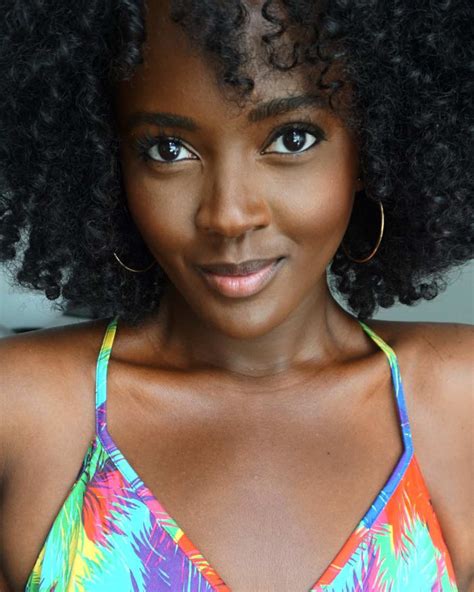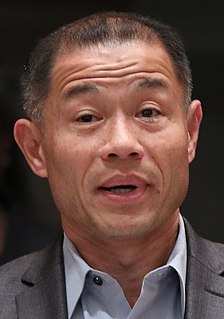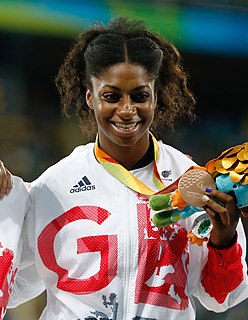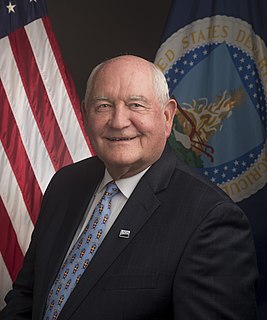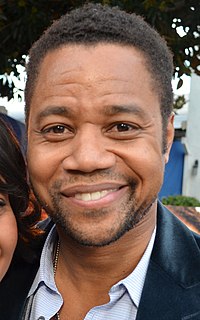A Quote by Philomena Kwao
Much noise has been about size diversity but not enough about skin tone diversity. It's time for this to change.
Related Quotes
Katherine Johnson never complained, it just was what it was. She just said, "I just wanted to go to work and do my numbers." And she stopped right there. I think about that as a Black woman in Hollywood when I'm asked about diversity. I hate when people say diversity because the first thing you jump to is Black and white. When you talk about diversity, you're talking about women being hired in front of and behind the camera. You are talking about people with disabilities, the LGBTQ community...so I hate when people think about diversity.
I think overall, from a deputy, from an undersecretary standpoint, the goal of a good leader is to get diversity across there. Geographical diversity is important. Industry diversity is important: you can't have all corn growers... Not only that, you've got gender diversity, you've got racial diversity.
I think, certainly, Barack Obama has created an opportunity for America to understand that diversity is a blessing, diversity is a strength. It isn't necessarily something to be concerned about. And I think, at the end of the day, we're going to learn that this country operates best when it celebrates and surrounds itself and appreciates diversity, and doesn't shun it.
For me, diversity is not a value. Diversity is what you find in Northern Ireland. Diversity is Beirut. Diversity is brother killing brother. Where diversity is shared - where I share with you my difference - that can be valuable. But the simple fact that we are unlike each other is a terrifying notion. I have often found myself in foreign settings where I became suddenly aware that I was not like the people around me. That, to me, is not a pleasant discovery.
The two most important forms of diversity when it comes to innovation are visible diversity (typically skin color, age, gender, etc.) and underrepresentation (anytime someone is less than 15% of the majority group). Other forms of diversity are also relevant but these are the ones that psychologically play the most role in how someone engages with the innovative process.
